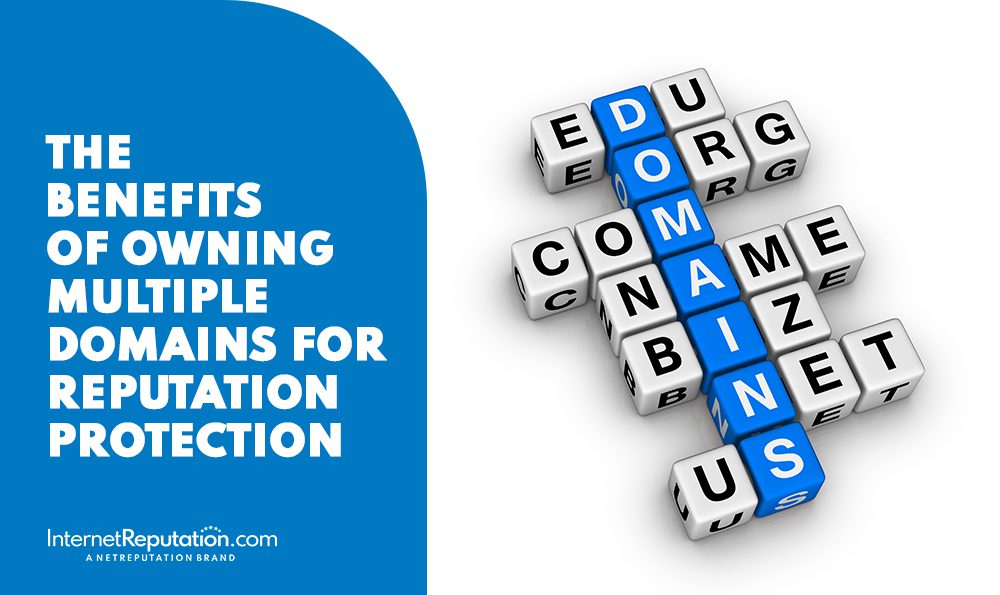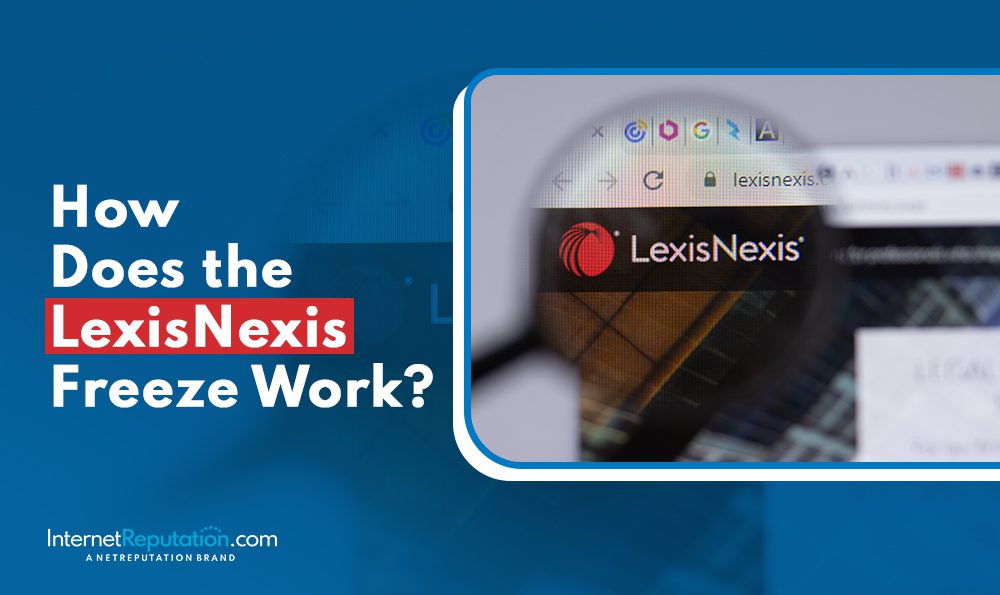Social Intelligence: The Company That Could Cost You a Great Job

What is Social Intelligence? We break down the new firm and its impact on your online reputation.
Securing employment in a competitive market is a lot like participating in speed dating: You have only a minute or two to make a great impression, and there might be fabulous candidates both ahead of you and behind you that might be all too willing to grab your momentum and steal your shine.
But while you’re in control of a speed date, as you have the power to impress with your clothes and your fanciful wordplay, much is out of your hands, when you’re applying for a job.
For example, a 2013 study suggests that some 42 percent of recruiters say they’d consider a person’s behavior on social media to be an important part of the vetting process. In other words, these people might be prepared to snoop around in your social media sites before they hire you, just to see if you’re as wonderful as you say you are.
A company known as Social Intelligence could make that snooping really, really easy, and it could make getting a job harder than ever before.
The Down-Low on Social Intelligence
Anyone with a computer and a few minutes of free time can run a few searches using your name and the name of the city in which you live and come back with a great deal of information about who you are and how you operate. But often, these searches are superficial. Recruiters might have hundreds or even thousands of applications to go through, and they might have very little time open. So they run a search and look through the first few pages of results, and then they move on.
Social Intelligence is different.
The administrators of this site have developed a pretty tricky set of metrics that allow them to look over all of your public activity for the last 7 years, according to an investigation conducted by the New York Times. This means that the company is looking for information that’s open and accessible right now, as well as information that’s been around for a long time that you might not even know about or remember.
In addition to looking at public social media sites like Twitter, Facebook and Pintrest, the site also looks deep into the content a user has generated on other types of sites. For example, the site looks for comments a user has left on news articles, videos or comments left on Your Tube and even commercial sites like Craigslist. If you’ve done something online, chances are, they can find it.
This sort of archive searching isn’t new. In fact, the Internet Archive website allows anyone to run searches on millions of very old pages through its (slightly addictive) Wayback Machine. Should you want to find old dirt on someone, you could just as easily use this tool. But, it’s the depth of the search Social Intelligence provides, combined with the archival nature of the search, that has me a little worried.
What You Can Do Right Now
If you’re on the hunt for a new job, now’s the time for you to do a little damage control. But the steps you’ll need to take might surprise you.
For example, you might be tempted to amend your user name on all of the social media sites you use, so the web crawlers won’t be able to find you. Unfortunately, however, some websites do store your real name along with your screen name, and it takes only a few little clicks to dig that out. Changing a screen name may not help much at all, as a result.
Similarly, deleting everything about you online might not be helpful, as Social Intelligence execs have mentioned in interviews that they consider a lack of an online presence a red flag, in terms of a user’s credibility. It seems to smack of a cleanup job, to them. Also, it might not even be possible for you to delete your complete internet footprint. Much as you might try, your comments on online forums and your participation in the blogs of other people might leave a big stain that you just can’t erase, as soon as Social Intelligence is on the job.
What you can do, however, is make sure that all of your social media sites are locked down tight, in terms of privacy. The company looks only at the information you’ve made publically available, and that gives you the opportunity to pull up a screen around your activities. I’ve mentioned this technique before, and if you didn’t take my advice then, I urge you to do so now.
Your next step? To bombard the web with really great information about you, your skills and your willingness to work hard. Each and every thing you post will be used in the final analysis Social Intelligence does, so stacking the deck in your favor could be the best thing you’ve ever done. (If you need more convincing, check out this blog entry about the subject.)
It might also be wise to look closely at the reports this company generates, should you be screened for employment. According to Forbes, at the end of a screening, you’ll be provided with the opportunity to look over every bit of information the screeners found, and you can contest anything you think might be inaccurate. Since the Social Intelligence keeps no dossier on applicants, I’m not sure how contesting information could help you on future screens, as future employers might not see the same reports. But, this report could give you a target list, in terms of reputation management.
You’ll see all of the news articles, blog entries, photos and more that are counting against you. That could be your roadmap for cleanup.
Of course, if you don’t want to wait to fail an employment screening, we’d be happy to help. We can run the same kind of in-depth search for the dirt hanging out there surrounding your name, and we can develop a comprehensive plan that can get things removed, pronto. We can even take charge of your social media sites and make sure you’re as protected as you can possibly be. Just contact us, and let’s talk about how we can help.



